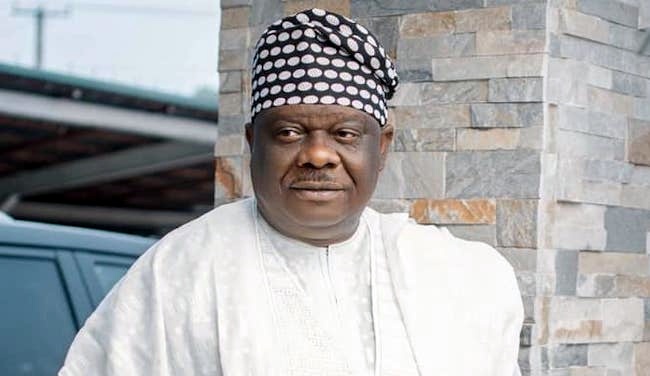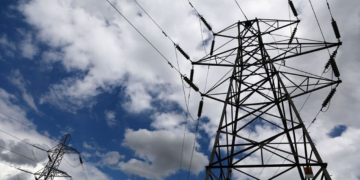A former Attorney General of the Federation and Minister of Justice, Michael Aondoakaa (SAN), has raised concerns about the proposed bill before the House of Representatives seeking to separate the offices of the Attorney General of the Federation (AGF) from that of the Minister of Justice.
The former minister, who served during the administration of late former President Umaru Yar’Adua, insisted that the proposed move is unnecessary because Section 150 of the 1999 Constitution does not recognise the position of Minister of Justice.
The bill, co-sponsored by two Peoples Democratic Party (PDP) lawmakers, Mansur Soro (Bauchi State) and Oluwole Oke (Osun State), also seeks to distinguish the roles of the Attorney General and the Commissioner of Justice at the state level.
Aondoakaa, who said this while speaking to a Lagos-based television station, said that Section 150 contains no ambiguity that could justify the creation of a separate constitutional office for the Ministry of Justice.
He stated, “The Constitution specifically states that an Attorney General of the Federation shall serve as both the chief legal officer and a minister in the Council. I just wanted to let you know that I see no conflict here.
“If the proposal aims to establish a constitutional office for the Ministry of Justice, that is a different matter altogether.”
Aondoakaa further explained that while the National Assembly has the authority to create ministries, it has not officially established a Ministry of Justice.
He contended that the Ministry of Justice, similar to other ministries, is an executive function assigned by the President, not a constitutional office.
He expressed concerns about the possible repercussions of separating these offices, questioning whether similar amendments might be proposed for other ministries, such as the Ministry of Finance.
Highlighting Section 150, Aondoakaa reiterated that the Constitution only recognises the office of the Attorney General, not the Minister of Justice. “There is no conflict that justifies the proposed separation. The Attorney General is constitutionally recognised with specific responsibilities and is included in the executive structure by the President,” he stated.
Senator Jimoh Ibrahim recently pointed out project abandonment. The former Minister acknowledged the seriousness of the issue, noting that over 11,000 projects have been abandoned, accounting for 60 per cent of Nigeria’s national debt.
He cited the Ajaokuta Steel Plant as a notable example, having consumed over N40 billion without yielding results.
Aondoakaa also proposed introducing comprehensive construction laws to hold contractors accountable for abandoned or poorly executed projects.
He said, “There should be penalties, such as compensation or imprisonment, for contractors who fail to meet the required specifications.”
He also stressed the importance of stronger enforcement mechanisms, including the involvement of anti-corruption agencies like the EFCC and ICPC.
Aondoakaa further argued that such laws would be vital in reducing project abandonment and enhancing Nigeria’s accountability framework.











